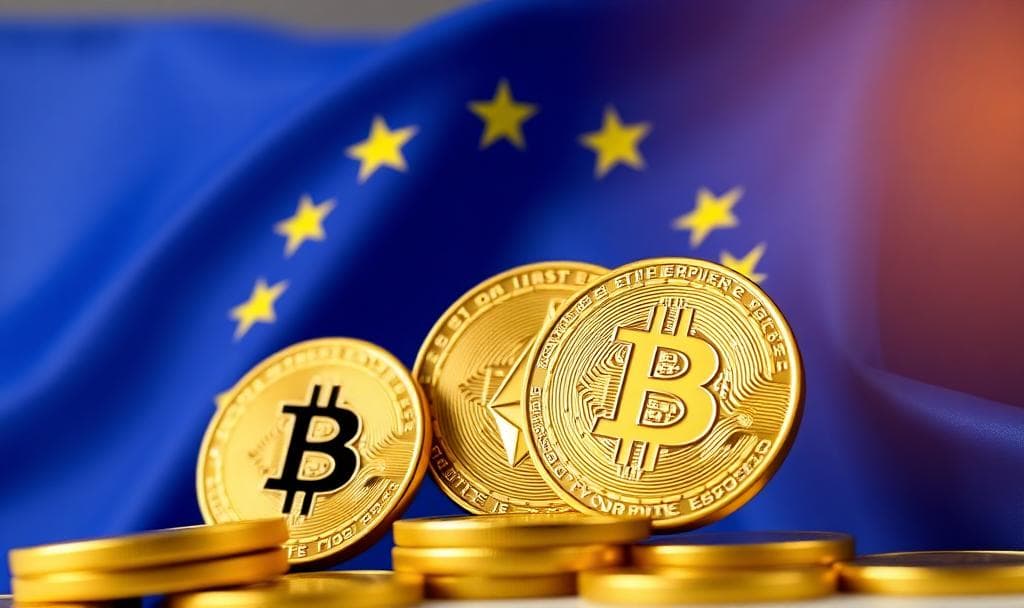
DeFi in the EU: Navigating MiCA Compliance
The Complex Relationship Between MiCA and Decentralized Finance
The Markets in Crypto-Assets (MiCA) regulation represents a watershed moment for digital assets in the European Union, providing a clear legal framework where a regulatory vacuum previously existed. However, the application of MiCA to the world of Decentralized Finance (DeFi) is one of its most nuanced and debated aspects. DeFi protocols, by their nature, aim to operate without traditional intermediaries, relying on automated smart contracts and community governance. This structure presents a fundamental challenge to a regulatory regime built on identifying a central entity responsible for compliance.
While MiCA primarily targets centralized entities such as Crypto-Asset Service Providers (CASPs) and stablecoin issuers, it doesn't give DeFi a complete free pass. The regulation's applicability hinges on a crucial, and still somewhat ambiguous, distinction: the degree of decentralization. The core principle outlined in the MiCA text is that "fully decentralized" protocols, which operate without any intermediary, should not fall within the scope of the regulation. The ongoing challenge for policymakers and the DeFi industry is to clearly define what "fully decentralized" truly means in practice.










